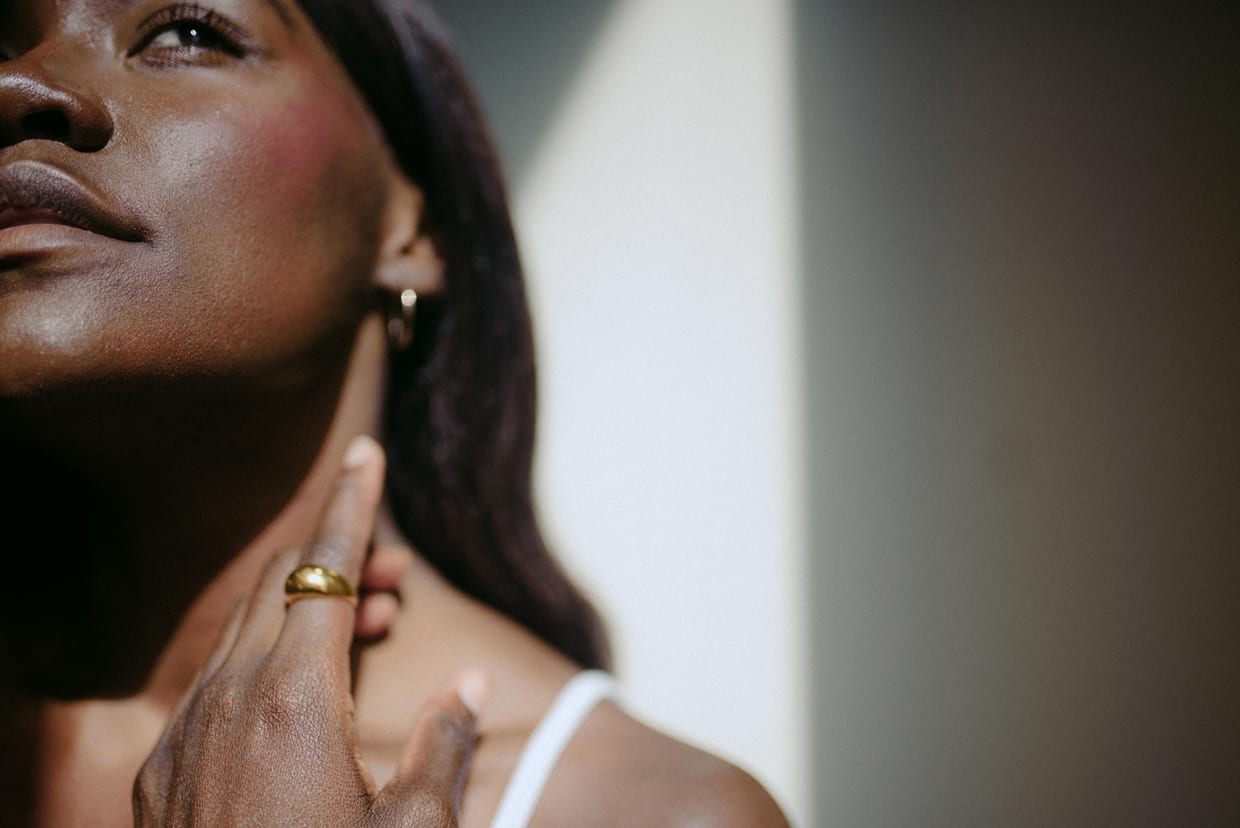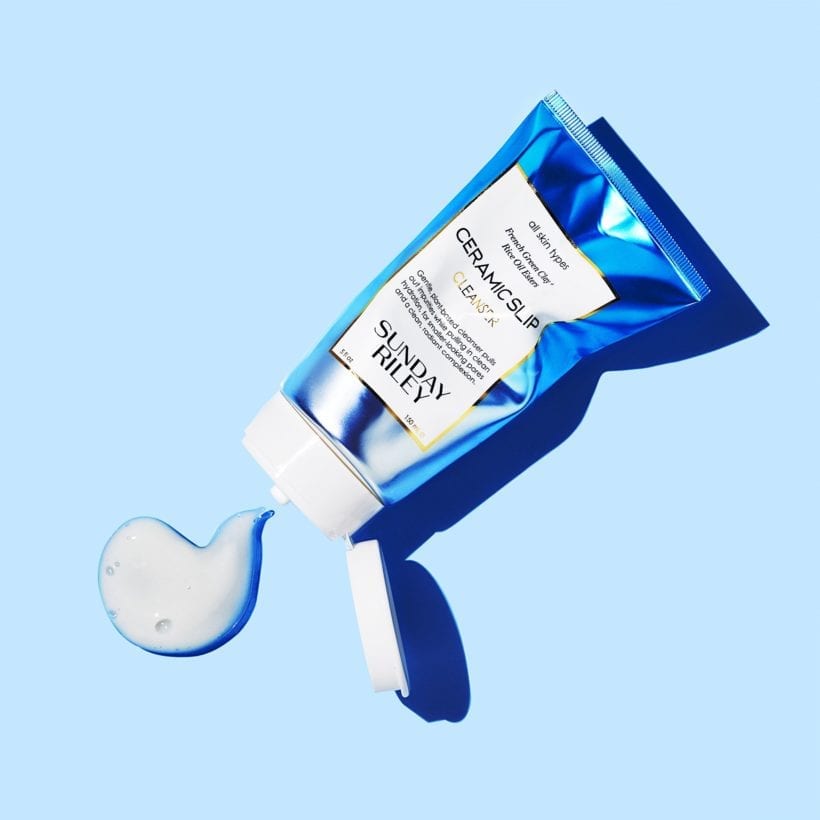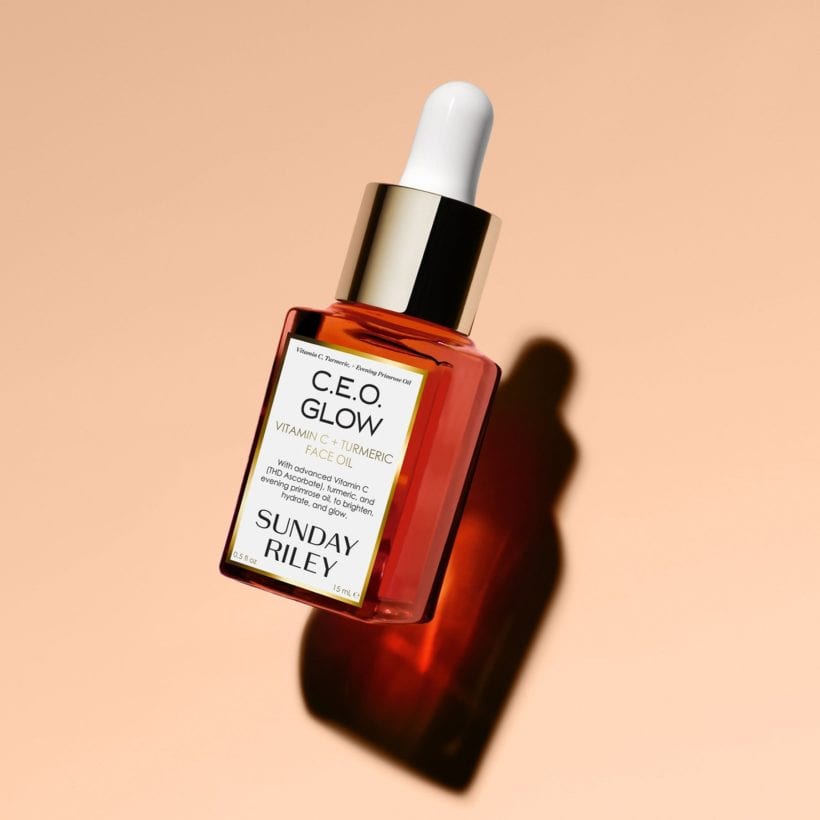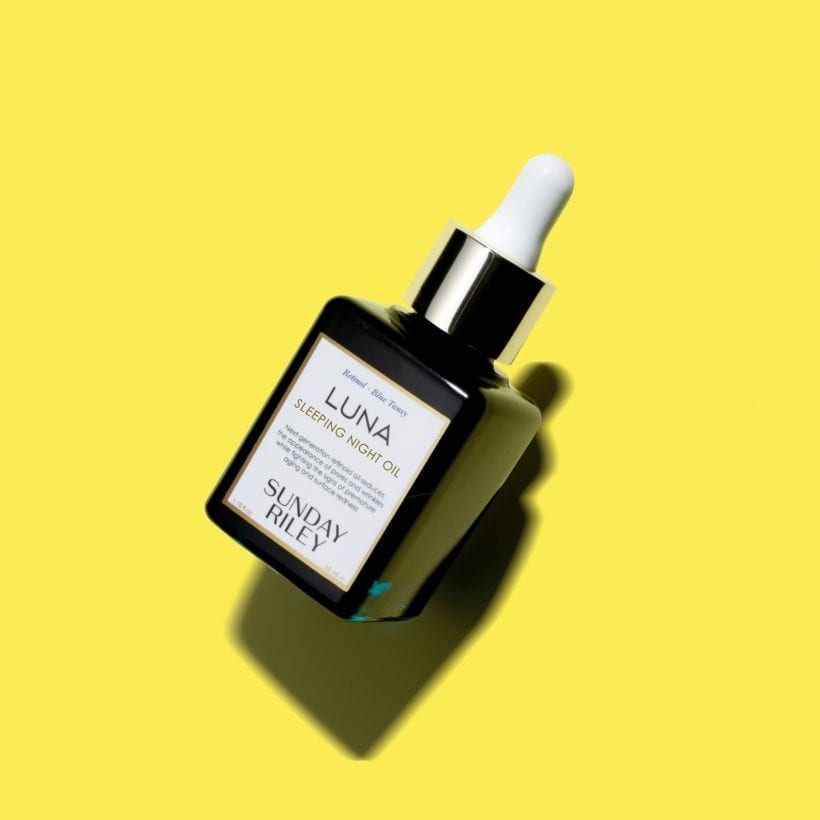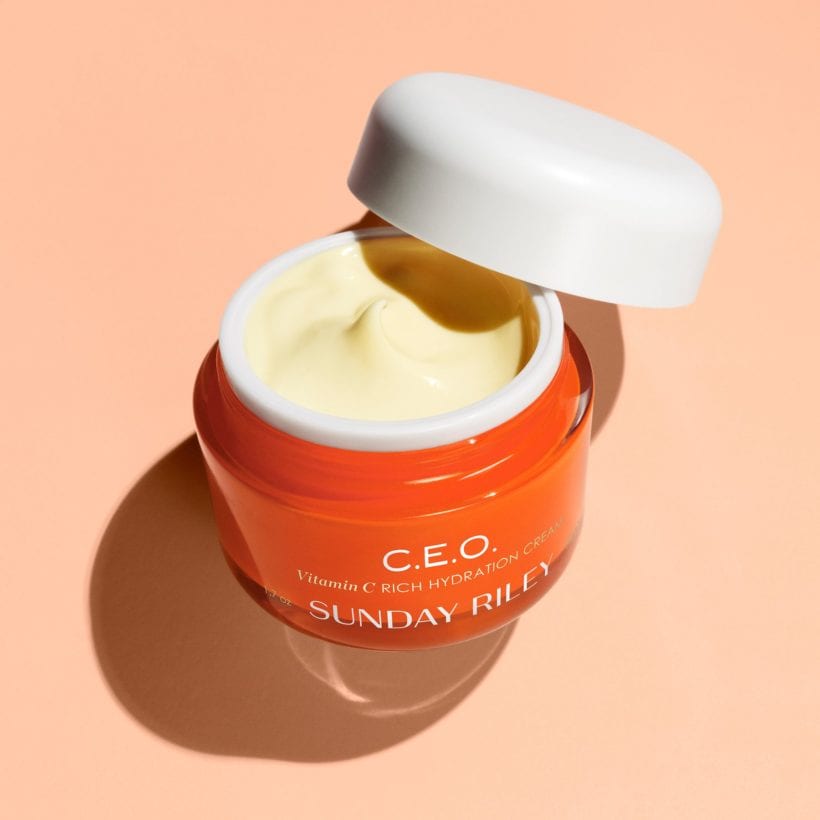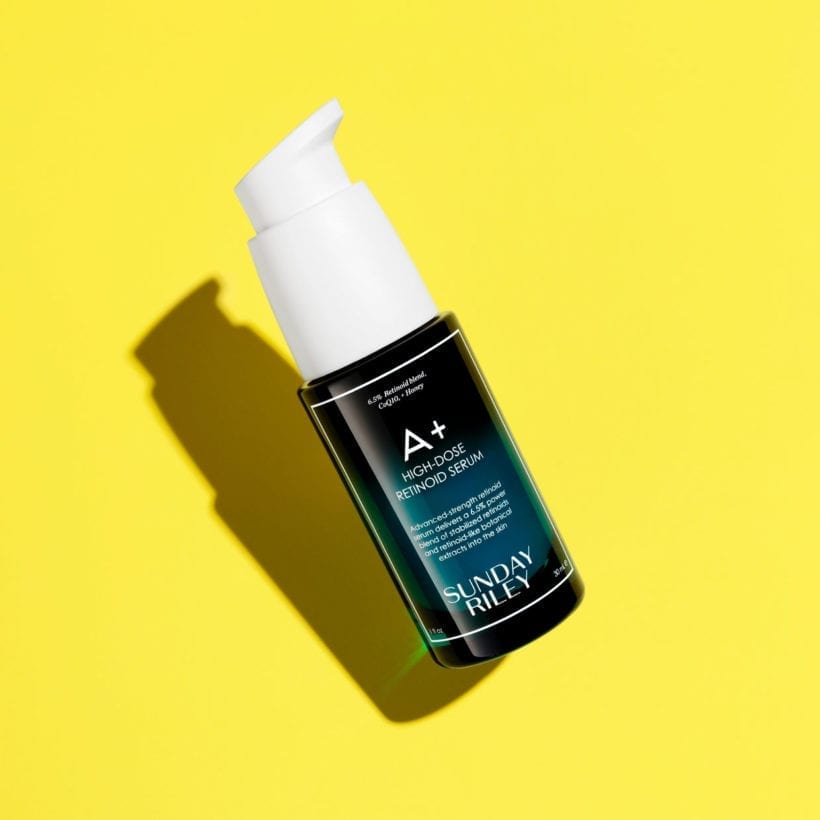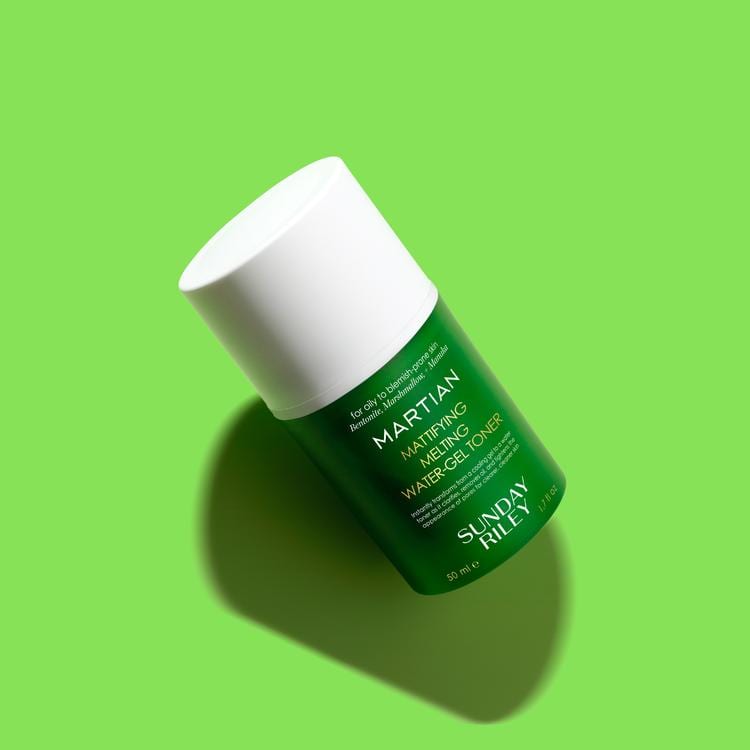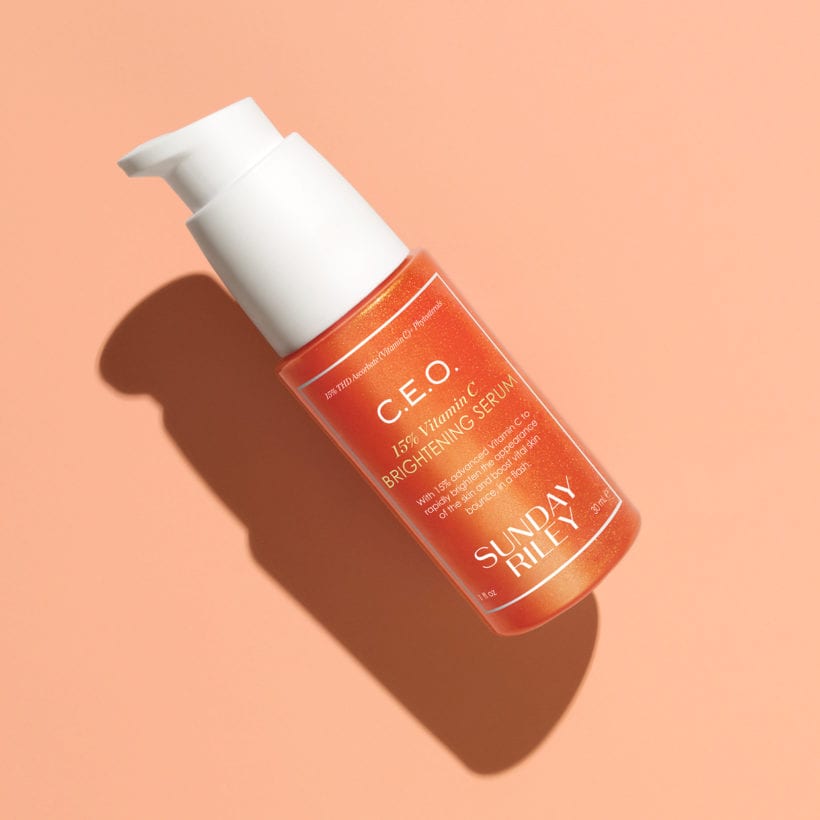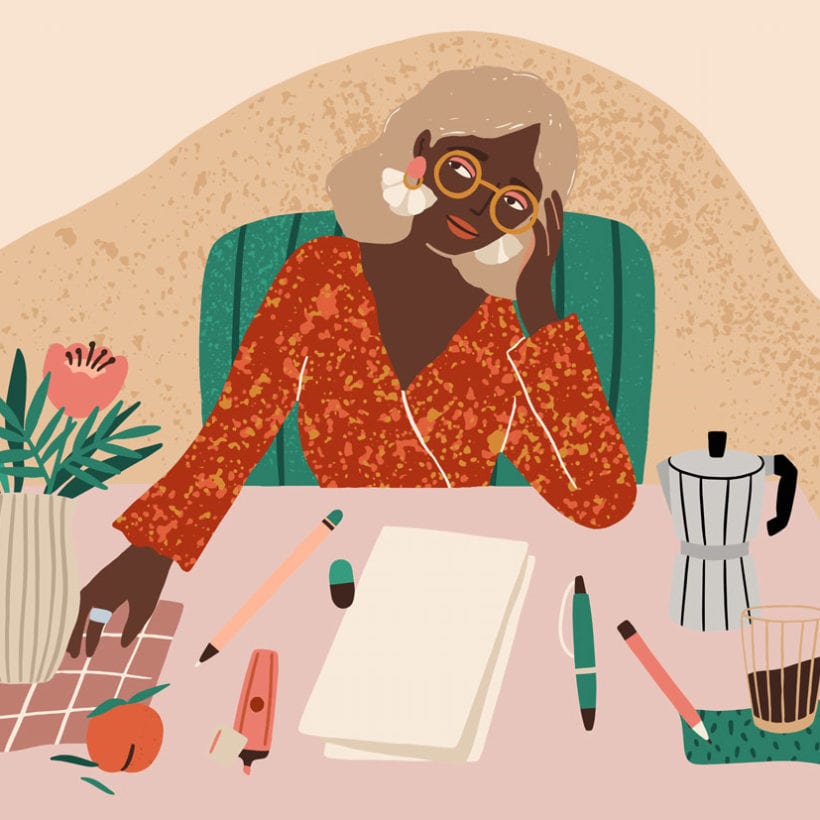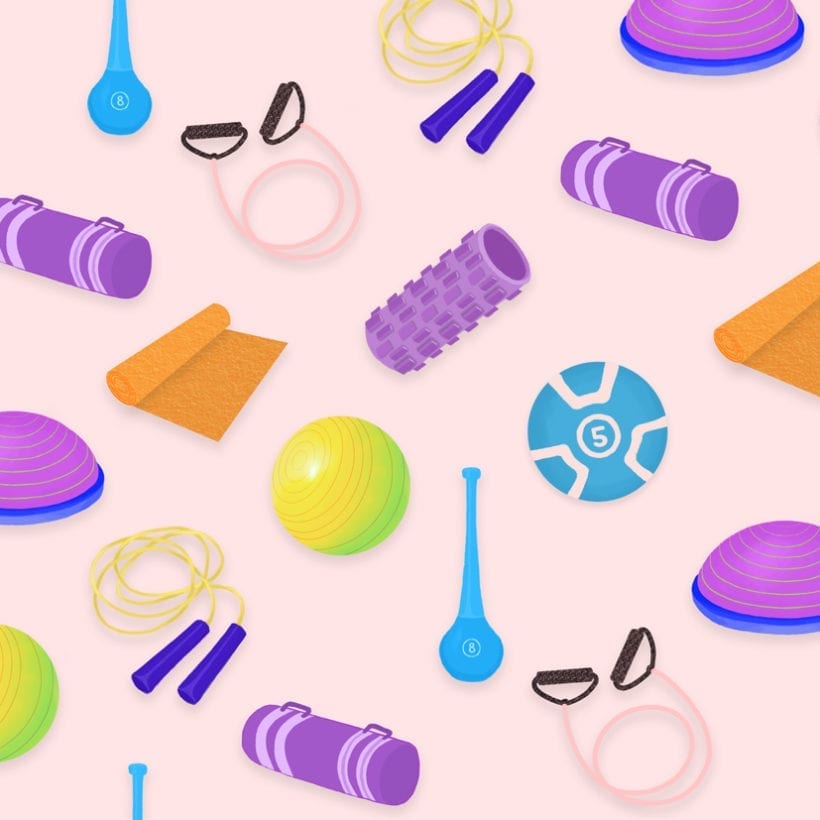Did you know that May is mental health awareness month? A friendly reminder that it is okay not to be okay, your feelings are valid, and the world needs you. And amid a pandemic, it is hard to behave “appropriately.” There is no game plan or emotional road map to follow. Some days we are optimistic and grateful, and other days we unfairly misdirect our anger on those around us. Many of us have yet to accept that life as we know it may never go back to the way it was. To avoid another full-blown meltdown, I decided to get some advice from an expert. I spoke to Nina Vasan, M.D., Chief Medical Officer at Real — a company hoping to redesign therapy.
How quickly do humans psychologically adapt to new living situations?
Research suggests that we, as humans, are the most adaptable species. That comes from our brains being what they call social brains, [which means] that we’re able to share information and pass on our knowledge in a really effective way. Think about where we are today versus three weeks ago. It’s phenomenal that we are surviving the most drastic change in our lives, and yes, we may be having a hard time, but we’re also getting through it. We’re getting up in the morning and doing what needs to get done. Maybe it’s not all of what we need to get done, and maybe we’re sleeping two hours later than we normally would. In the grand scheme of things, that is still an enormous adaptation in an incredibly short amount of time. I do think it’s easier for some people than others — people who move/travel a lot and are used to new environments, people with careers that require you to be very responsive to change and world events.
How do we cope with this collective trauma that we are all experiencing?
I think the first thing to do, and this sounds simple, is to talk about it. Realize that you are not alone and that most people are likely feeling similar to how you’re feeling. Sharing your fears, anxiety and sadness — that alone is therapeutic. The second thing is to prioritize is self-care. By that, I absolutely mean the standard things like exercise, sleep and meditation, but I also think it is important to think about what self-care means for you. How do you define self-care, and what are the unique elements that really bring you joy? For you, that might be taking a warm bath with scented candles, painting your nails or buying a new piece of art. Everyone has something different that brings them joy and happiness, and this is the perfect time to question, “what is that for me?”
https://www.instagram.com/p/CAYOofpDLrd/
It is hard to look at the silver linings when there is so much going on (other people who are sick, having anxiety, first responders on the front line, etc.). How do you respond to feeling guilty?
When you have feelings of guilt, try to break it all down. Guilt is a feeling, not an experience or truth. Why are you feeling that way, and what purpose is it serving you? If you can’t find a good answer, then it is time to give yourself a break. Turn guilt into gratitude. Write down what you’re grateful for and acknowledge that this a blessing in your life. By staying positive, you can think about what you are able to do for others because you are healthy at home. Specifically, there’s an enormous amount of research around the positive benefits of altruism. So find a way to help someone who isn’t able to stay at home or who might be sick. However, there’s a balance. Some people are overdoing it and feel like they need to help everyone. If you are on that extreme, you need to recognize the importance of self-care.
What are some important things to keep in mind when it comes to quarantine?
The first thing is to remember that this is temporary and finite. If we look historically at any challenging time in life, we always got through it, and it always gets better.
What are some questions to ask ourselves?
I’ve been encouraging folks to take this time to really look inside and understand, “how do I respond to these sorts of things, what is my reaction versus my partners or best friend’s reaction?” Really take that self-exploration as an experiment. “What am I doing right now? Do I want to do something differently? Am I proud of myself for how I’m responding to this?”
If you’re having trouble coping with mental illness and are exasperated right now, what’s the appropriate course of action?
Number one is to get help because the benefits that medicine and therapy can deliver are really enormous and can be a security blanket for you to get through this time. In our field, therapists and psychiatrists are 100 percent aware that this is a peak in needing that extra help.
How do you ignore all the productivity propaganda?
In the beginning, everyone kept saying that Newton discovered gravity during the bubonic plague. No pressure. He discovered gravity. What are you going to do? When I first read that, I found it incredibly inspirational — there are no barriers for us — and at the same time, you don’t have to discover gravity. I think many people set high expectations for themselves. We’re in that demographic where that’s what we’ve been socialized to do, what’s led to us being successful. Setting those high expectations and having that sense of, “oh, how can I be productive despite these challenges?” That’s probably what got you to the place where you are right now, and so it’s really served you quite well. [But], it can also lead to guilt and being really hard on yourself. Because what happens when you don’t meet those expectations? Now is the time to take a step back and ask, “what do I need just for me?” Think about what brings you joy and happiness and focus on that instead of productivity.
How do we ‘best’ make use of this time?
The best use of time is what is best for you, and not is what is best for anyone else. So, maybe for someone that is “I want to learn how to cook paella, and I’m going to cook seven types of paella and Instagram my journey.” For others, it may be to invest in yourself and prioritize self-care. Don’t compare yourself to other people and find what sparks joy for you.
https://www.instagram.com/p/B_xQ8NXDfow/
What is something positive you have noticed that we will carry with us?
As a psychiatrist, I’m impressed by how often and frequently people talk about anxiety right now. Now that it’s on this national scale where every media site has an anxiety article on the front page. That is unprecedented. The first thing about anxiety that we know is trying to fight it is counterproductive and accepting it and talking about it are by far the best things. Not only are these sites talking about it, but we are getting tips on what to do in order to get better, which is enormous. I hope that everyone learns new routines, tricks or exercises that can help us continue in life after this.
We only recommend products we have independently researched, tested, and loved. If you purchase a product found through our links, Sunday Edit may earn an affiliate commission.
